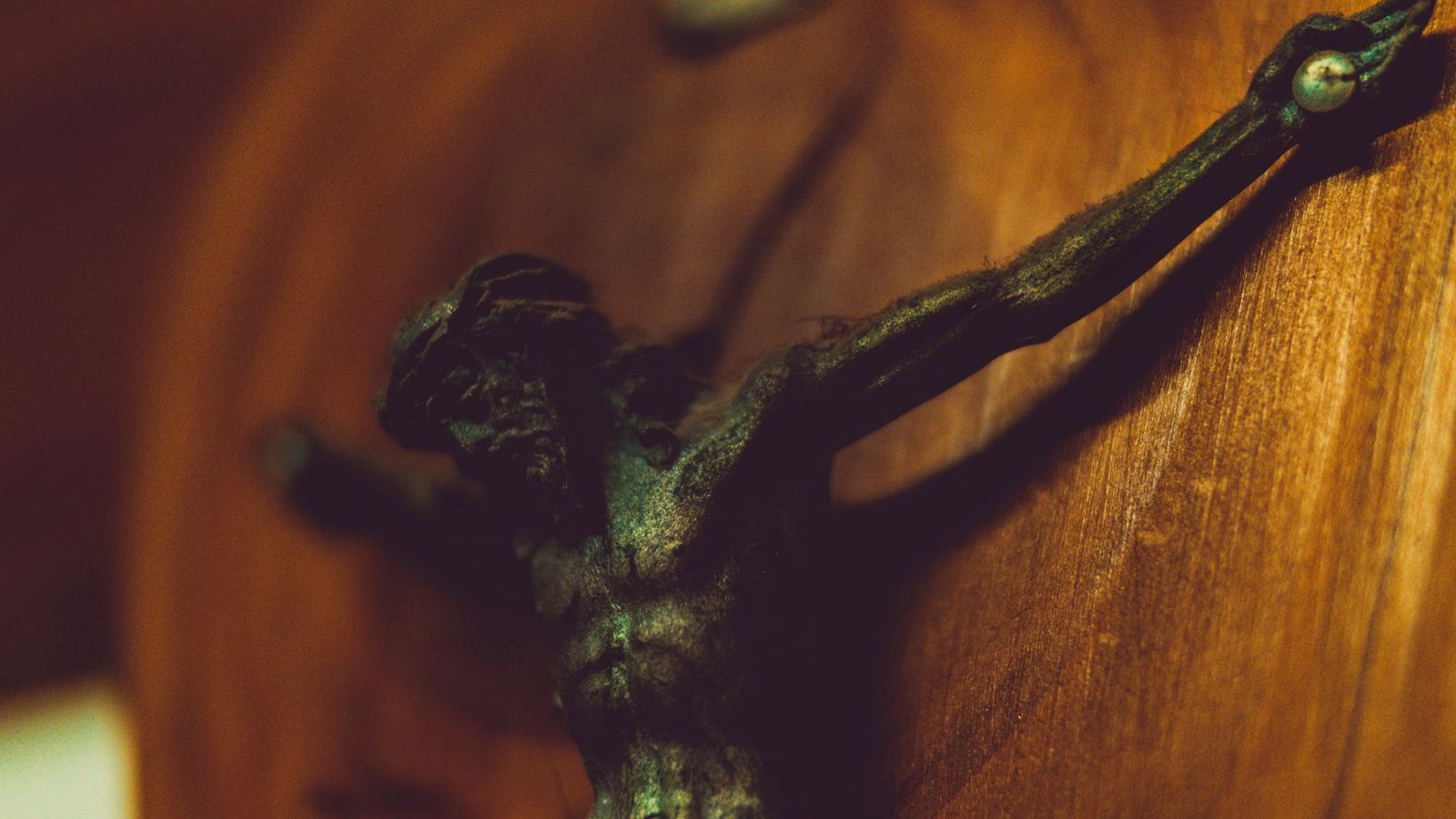Whenever I make the case for the reliability of the New Testament, I trace the New Testament “Chain of Custody” to demonstrate how early Church Fathers (like Polycarp, Ignatius and Clement) helped establish the reliability of the Resurrection account. I typically recount the writings of many of these early Church leaders as they described what they learned from the original disciples and eyewitnesses of Jesus’. Historic claims related to the life of Jesus and the Resurrection can also be traced in the writings of men like Irenaeus, Hippolytus, Origen, Tatian, Justin Martyr and many others.
I am sometimes asked, however, how I can reference these sources given that some of the Church Fathers in my “Chain of Custody” actually held heretical positions related to Christian doctrines., and all of them are identified within the historic role-call of Roman Catholic leaders. How can I accept their testimony related to what they learned about the historicity of Jesus if I’m not willing to accept their “Roman Catholic-ish” beliefs about things such as the role of sacraments, the existence of purgatory or the nature of Mary. Can people who hold different theological views still play an important role in establishing the historicity of Jesus? Yes they can.
In every criminal trial, we call witnesses who hold theological, philosophical, or political views differing from our own. We don’t have to agree on these issues (even if some of these points are critically important to our worldview) in order to contribute as a witness in a limited, focused way. Witnesses are asked to describe what they saw or heard at a particular point in time. Little more will be allowed by the judge. Imagine, for example, a witness observes a suspect to run to his car, enter on the driver’s side, start the engine, but then hesitate just prior to speeding from the location. At the trial, the witness will be asked to describe what he or she saw related to the actions of the suspect. But a question like, “Why do you think he hesitated before he fled the scene?” is beyond the scope of the witness’ knowledge and testimony. It’s one thing to testify about what you’ve seen, it’s another to testify about what you think it means. If an attorney was to ask, “Why do you think he hesitated before he fled the scene?” the opposing lawyer would surely object and rightly declare the answer to be nothing more than speculation on the part of the witness. How, for example, could the witness know what the suspect was thinking (or even experiencing) to explain why the suspect hesitated as he did?
When examining the lineage of historic Church leaders, my focus is simply on their descriptions related to what they were taught by those who preceded them related to the facts of Jesus’ life and ministry. As a result, I am primarily concerned with their descriptions of the Gospels and the details included in these historical narratives. When a Church Father begins to pontificate on a theological position or interpretation, I recognize this as outside the scope of his testimony. An early Church leader may try to infer something about the nature of Jesus, for example, from the virgin conception, but this is not what concerns me. I am simply interested in the earliest accounts about the birth of Jesus and how these accounts were transmitted to those who came after the authors of the Gospels, not what these accounts imply. When examining an early Church Father, I am only interested in, “What were the facts about Jesus’ life you received from those who preceded you?” not, “What do you think all this means?” We don’t have to agree with every theological position of an Early Church Father to recognize his value in helping us make the case for the accurate transmission of the Gospels. Share on X
Witnesses are called for specific, limited purposes. What someone believes about God, where they stand politically, and what they believe about social issues is of no importance to me. “What did you see or hear?” This is what matters. When it comes to the Early Church Fathers, I really don’t care what they believed about eschatology, sacraments, Church authority, transubstantiation, purgatory or baptism. I simply want to know, what were they told about Jesus’ life, actions, and words by those who came before them? The theological ramifications and interpretations can be studied later. Many of my witnesses hold differing views about a variety of important secondary issues. I may never become close friends with some of them, given these differences. But I don’t have to be best friends with someone to recognize their value in helping me make the case. In a similar way, I don’t have to agree with every theological position of an Early Church Father (especially if he held a heretical position) to recognize his value in helping me make the case for the accurate transmission of the Gospels. Yes, even heretics can help establish the historicity of Jesus.

J. Warner Wallace is a Dateline featured cold-case homicide detective, popular national speaker and best-selling author. He continues to consult on cold-case investigations while serving as a Senior Fellow at the Colson Center for Christian Worldview. He is also an Adj. Professor of Christian Apologetics at Talbot School of Theology, Biola University, and a faculty member at Summit Ministries. He holds a BA in Design (from CSULB), an MA in Architecture (from UCLA), and an MA in Theological Studies (from Gateway Seminary).
































